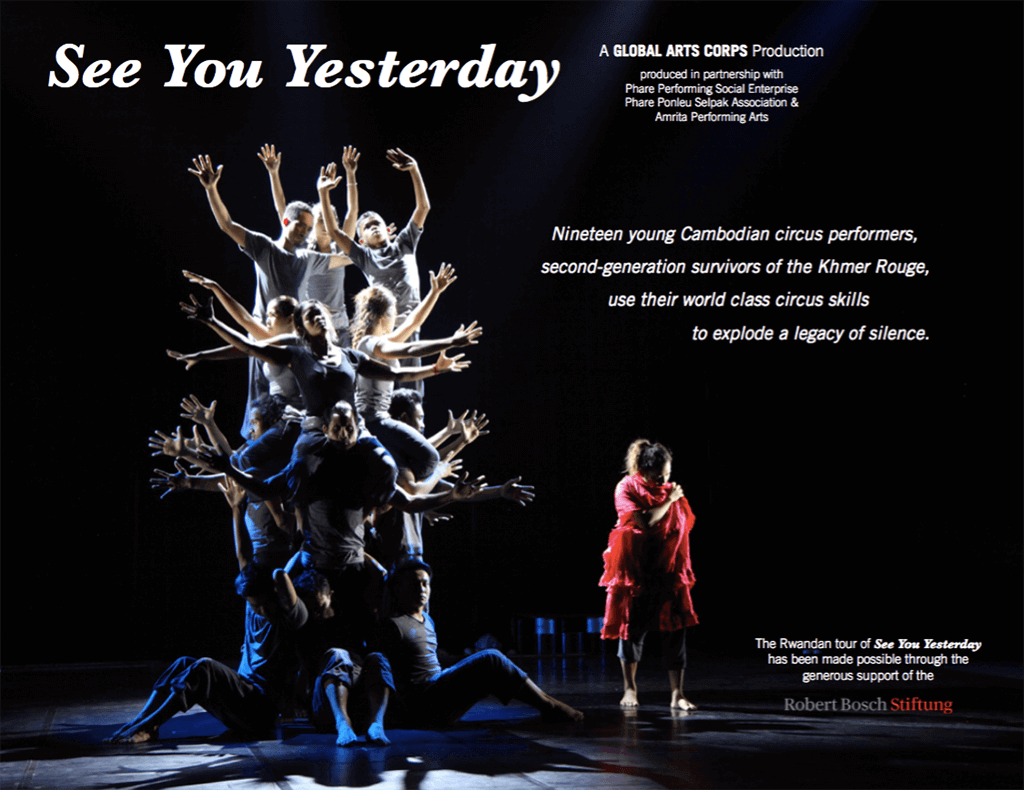The School I work at in Phnom Penh, Cambodia hosts the only professional Black Box facility in the country. As such we are lucky enough to get visits occasionally from high quality performers around the world. In the spring of 2016 however, we got a visit out of the ordinary. A visit that came to inspire all of us, teachers and students, as well as the wider community and not least Cambodian Artists all over the country.
The Project that started 3 years prior explores the transformative power of theatre and what it can do to a country in the wake of violent conflicts. The aim according to their website is to bring people from opposite sides together in order to give them tools to heal and reconcile.
Can we forgive the past to survive the future they ask themselves?
As rehearsals were taking place just next door to my classroom, I had a rare opportunity to sit in on and observe when I had some time off. I took me a few days to take that time but once I had had my first glimpse I snuck in every minute I could spare.
The effect of the Khmer Rouge conflict goes deep into the hearts of every survivor, no matter which side they were on. It affects their daily lives, their relations and their offspring. When you live in the immediate aftermaths of a genocide, something is always there to remind you of what happened, but also what to be thankful for.
Amongst the post traumatic stress and violent nightmares is the next generation rising, wanting change and to break free.
On the floor of the black box there are some 20 actors working together forming the play that is: See You Yesterday, they are all from various parts of the country, with more or less unfortunate backgrounds. They work their way through the memories; there is absolute silence, out burst of laughter and sometimes someone who breaks down crying. The stage is void of props and furniture, the set is their bodies and with intense physical theatre a story with hardly any words is taking form, it is so clear that I find myself completely immersed to the point that I loose my breath.
Together they tell a story of a genocide they didn’t live through, but that they live with everyday, a story of silence and suppressed emotions. Horrible acts of cruelty that shaped the society for generations to come.
Even though the final performance is magnificent, we laugh, we cry we stand up and scream. It is almost insignificant compared to the process.
“I have finally understood what my parents went through, I can speak to them now, I do not recent them for their silence. I understand what we must do to rise from this”, says one performer. She goes on to say how she has worked alongside children born by her families perpetrators, how they due to this process have been able to have dinner at the same table and become friends. “We have made peace with our past and with each other trough this process”.
Yes, this process is unique. What it has done to its participants is without words.
It is the stuff that peace is made of.

